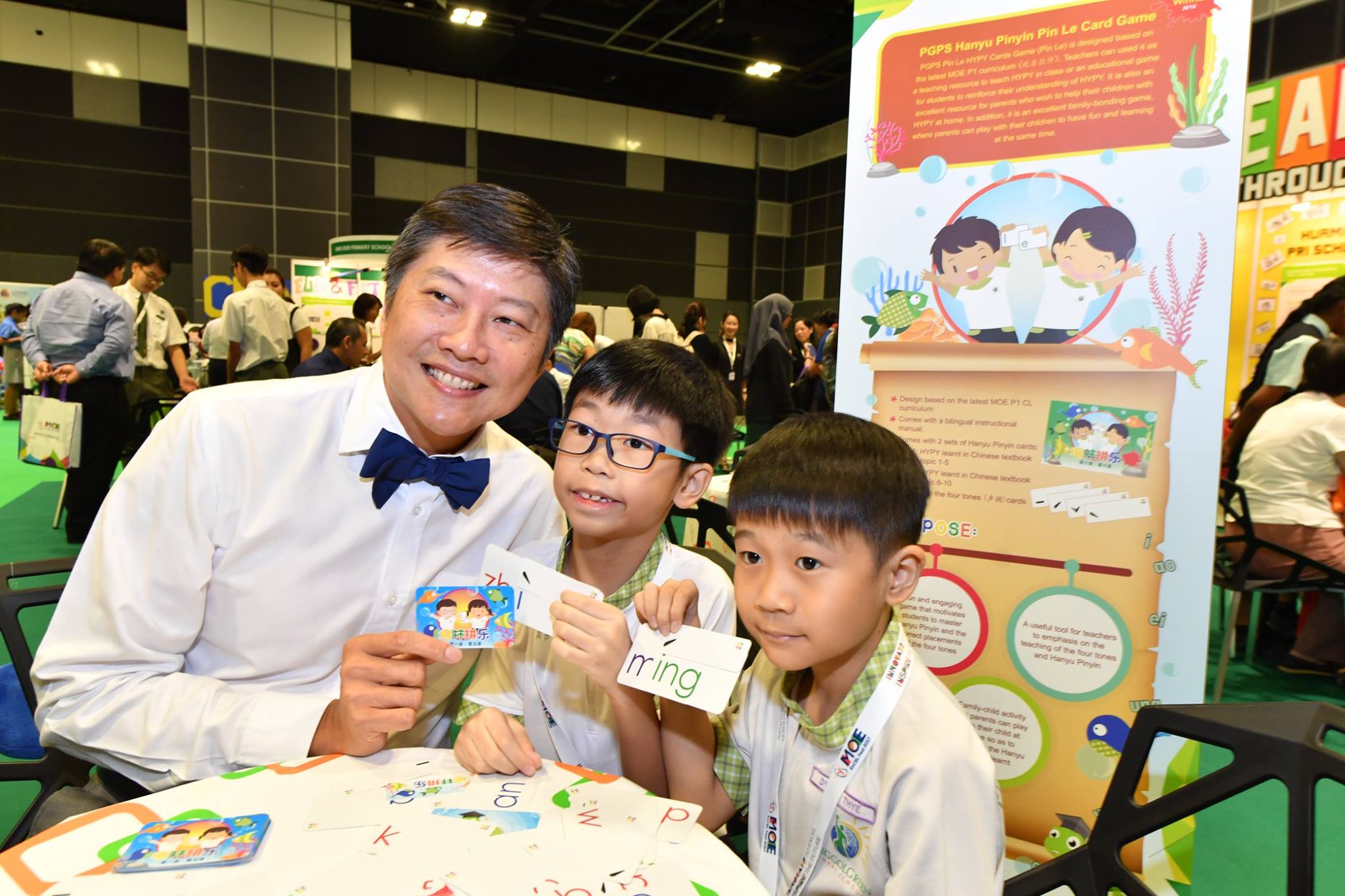Last Thursday (April 20), the Ministry of Education announced at a press conference that along with a series of primary and secondary schools closing, eight JCs would be merged into four.
It was a drastic decision that seemingly came out of nowhere — the ministry doesn't appear to have done any consultation with the affected school staff or alumni associations, for instance, on potential alternative solutions to explore.
Naturally, therefore, the announcement triggered immediate reaction and fierce debate online.
One of the most glaring points made: that it just so happens that the selected JCs for merger have among the highest cut-off points for admission, with the exception of Anderson JC.
And in response to MOE's argument that the ones picked were geographically close to one another, the point of NJC and Hwa Chong Institution being across the road from each other, and still remaining unaffected by the changes, was made by none other than former NMP Calvin Cheng.
Elitism and strangely clinical delivery aside, researchers like Leong Chan-Hoong from the Institute of Policy Studies questioned the disappearance of decades of heritage at JCs like Anderson and Serangoon JC.
Speaking of SRJC and heritage, one of its longtime alumni spoke up in a lengthy but impassioned Facebook post, to argue for the closure of SRJC instead of merging it with AJC for this very reason.
Silent leader
Now, amid all this intense discussion that was going on, one person was conspicuously silent — the person whom everyone would have expected to be leading the charge on a change as huge and impactful as this: Minister for Education (Schools) Ng Chee Meng.
Instead, at the press conference, tanking the public flak that ensued, was MOE's director of schools Liew Wei Li, who was quoted saying this:
“We have thought through the various options. This is a very difficult decision. We have agonised over it. We find that we have little choice but to merge the JCs, in order that we can provide that kind of opportunities and range of choices for the students to come.”
This conspicuous absence didn't go unnoticed either — one young blogger also raised this point:
"All I’m saying is, the government needs to be more conscious – both when it is pushing for elitist policies, and when its policies could be perceived as elitist. A surprise announcement, along with a rushed press conference, is no way to assuage public sentiment regarding a politically charged issue. In fact, where is the Minister for Education (Schools) in all of this? The radio silence isn’t helping – it would be good if he could give a conciliatory media interview. Why merge all eight JCs in one go? Could this not have been spaced out over ten years to normalise the action of merging JCs, given that our birthrate has been trending downwards long before this?
There were so many things which could have been done, but weren’t. Therein lies the critical problem with our leadership. They’re good at making difficult and often controversial decisions. But they’re terrible at conveying these decisions to the people."
Well, until now. And here's what Ng said:
JCs will face serious drops in intakes of students, with some potentially having less than 200 per batch, says Ng. This scenario, he says, limits students' educational and CCA experiences, and is, to his and his "educators"' minds, not good for students.
"We do not take school mergers lightly. We only proceeded with these mergers as we are sure it is for the better for our students to come."
2) "This decision affects us personally, as students, alumni, parents and teachers."
Ng, a Hwa Chong Junior College alumnus, said:
"While we understand, we would still feel a sense of loss when schools merge."
3) He ended with this:
"It is not an easy transition, but let us – students, alumni, parents and teachers – all work at it together, to honour the identities of our schools even as we make the necessary adjustments for the future. We will go through this journey together."
Now, why the minister decided the best course of action to take, after "hearing feedback" for a week, looking as if he was dodging public scrutiny and questions, is not to do a sit-down interview (even if it happens to be with The Straits Times or Channel NewsAsia, anyone really), a doorstop interview (with various media present to ask him questions), or any interview — but instead to put up a Facebook post, is beyond us.
But we'll just say we aren't sure we agree entirely, amid all the unanswered questions and issues left unaddressed.
More of our stories on the JC mergers:
Ex-NMP Calvin Cheng makes the point about the JC mergers that no one wants to talk about
7 of the 8 JCs involved in the merger had 7 of the 8 worst cutoff points in 2016
Alumni of soon-to-be-merged JCs share their memories of school
Here’s how the internet reacted to news of the merger of 8 JCs into 4 in 2019
Innova JC to merge with Yishun JC in 2019: 8 JCs to merge into 4 JCs
Top photo via Ng Chee Meng's Facebook page
If you like what you read, follow us on Facebook and Twitter to get the latest updates.
